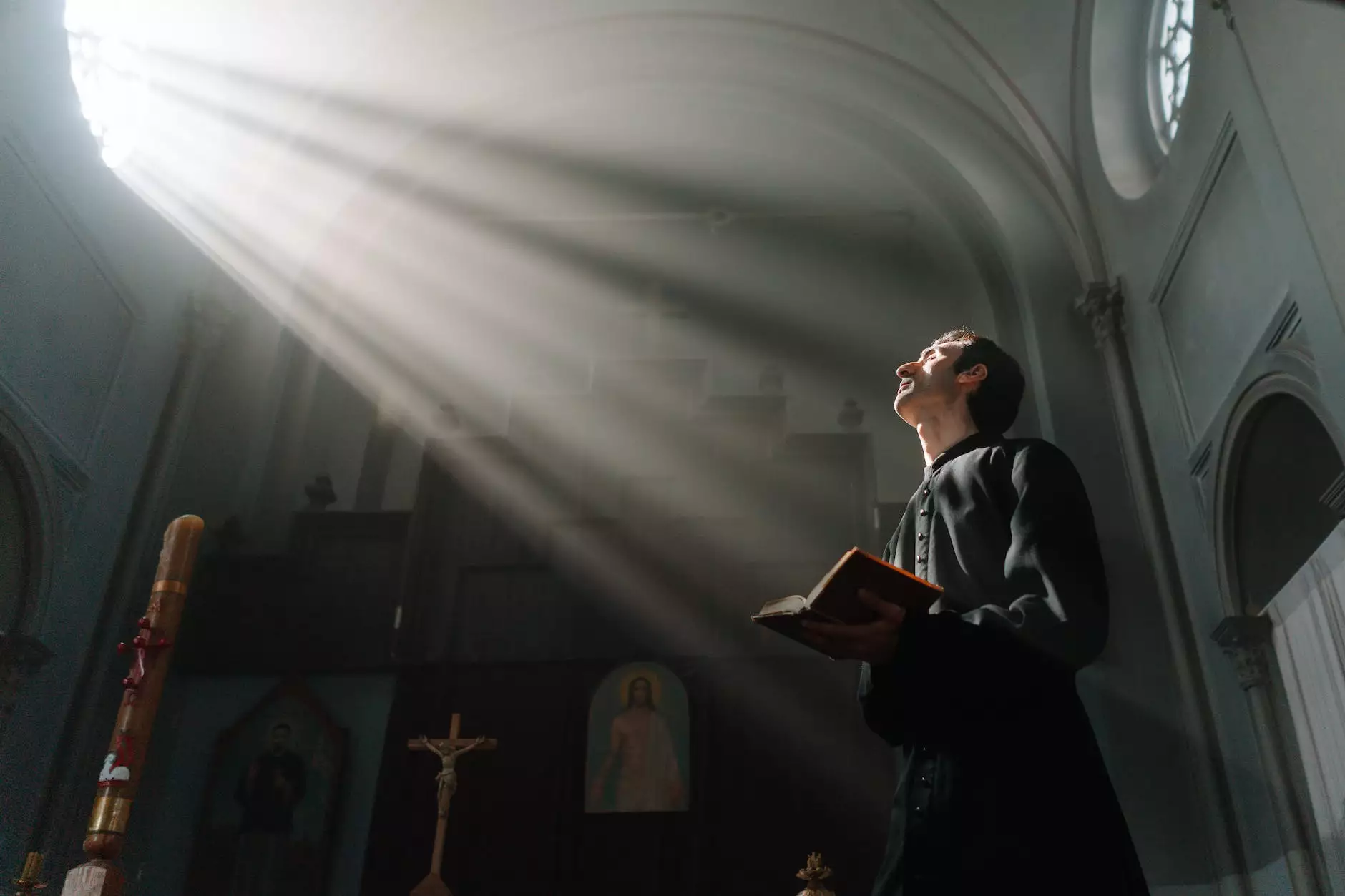Discovering the Richness of Going to Black Church

Going to black church, a phrase that resonates deeply within both the African American community and beyond, encompasses a wide array of cultural, spiritual, and social elements that are essential in understanding its significance. In this article, we aim to delve into the myriad reasons why attending a black church can be a transformative experience, benefiting not only individuals but also the broader community. We will explore its historical roots, cultural implications, and the vital role it plays in community service and personal development.
The Historical Significance of Black Churches
The black church has a rich history dating back to the early days of African American existence in the United States. These institutions emerged as sanctuaries during times of oppression, providing a safe space for worship and fellowship.
Roots in Slavery and Resistance
Historically, the black church can be traced back to the early enslaved Africans who were forced to adopt Christianity. During slavery, these congregations served not only as places of worship but also as venues for social organization and political activism. The black church became a platform for advocacy against social injustices and played a crucial role in the civil rights movement, offering a space where leaders like Martin Luther King Jr. could inspire communities to strive for equality.
Community Building and Empowerment
As a consequence of historical contexts, black churches often function as community anchors. They empower individuals through fellowship, support systems, and leadership development. These institutions cultivate a sense of belonging and identity, crucial for community cohesion.
The Cultural Impact of Attending Black Church
When you think of going to black church, it’s important to recognize the rich cultural expressions that are integral to these worship services. Music, traditional preaching styles, and communal celebrations all contribute to a unique experience that resonates with many attendees.
The Role of Music
One of the most notable features of black church services is the music. Gospel music, in particular, is not just a genre; it's a powerful form of expression that blends joy and spirituality. It serves to uplift souls and encourages deeper emotional connections among congregants.
Preaching Styles
Preachers in black churches often utilize a dynamic and passionate style, engaging their audience through storytelling, humor, and strong emotional appeals. This approach helps to create an inclusive atmosphere where the message is relatable and impactful.
Going to Black Church: A Personal Experience
For many individuals, attending a black church is about personal growth and spiritual enrichment. It provides an environment that nurtures one’s faith and encourages active participation in service and community initiatives.
Spiritual Growth and Personal Transformation
Many who participate in black church services report significant transformations in their spiritual lives. The emphasis on collective worship, coupled with powerful preaching, often leads to renewed faith and a deeper understanding of personal purpose.
Active Participation in Community Service
Black churches are often at the forefront of community service efforts. Through outreach programs, food drives, and educational initiatives, they address the needs of their communities directly. This commitment to service exemplifies the belief that a strong faith is demonstrated through action.
Connecting Generations Through Fellowship
Going to black church is not just a personal or communal activity; it is a multi-generational experience that fosters connections between young and old. Family bonds are strengthened as traditions are passed down, creating a tapestry of shared faith and experience.
Mentorship and Leadership Development
Within the black church, older generations often mentor youth, sharing wisdom and life lessons that are invaluable in navigating life’s challenges. This mentorship creates strong leaders who are well-equipped to face the modern world.
Creating a Sense of Legacy
For many families, attending church together creates a legacy of faith that can span generations. Children raised in such environments often return as adults, continuing a cycle of engagement and involvement that strengthens community ties.
The Black Church as a Community Resource
In addition to its spiritual and cultural significance, the black church serves as a vital resource and hub for various community services. This includes educational programs, health initiatives, and social justice advocacy.
Educational Programs and Initiatives
Many black churches host educational programs aimed at both children and adults, ranging from tutoring sessions to financial literacy workshops. Such initiatives empower individuals with the knowledge and skills to improve their lives and communities.
Health Initiatives and Advocacy
Recognizing the disparities in health access and outcomes in many African American communities, black churches have taken proactive roles in promoting health awareness and services. Health fairs, screenings, and wellness programs are often organized to support community wellbeing.
Social Justice Advocacy
In today’s society, many black churches actively engage in social justice advocacy, tackling issues related to racism, inequality, and community violence. This advocacy is often rooted in the church’s teachings about justice, love, and equality.
Embracing Diversity in Worship Practices
While the primary focus of black churches is on African American culture and experiences, many also embrace diversity. This inclusivity can enhance the worship experience, allowing for a rich blend of traditions and practices.
Welcoming All Faiths and Cultures
Some black churches actively welcome individuals from a variety of backgrounds, fostering a sense of unity and shared purpose. This creates an environment where different perspectives are valued, enriching the worship experience.
Collaborative Events and Services
Many black churches collaborate with other religious and community organizations to host events that promote unity and understanding among diverse populations.
Conclusion: The Transformative Power of Going to Black Church
In conclusion, going to black church represents more than just a place of worship; it signifies a vibrant community rich in culture, history, and purpose. It fosters personal growth, encourages active participation in social service, and builds connections across generations. As these institutions continue to evolve, their impact on individuals and communities remains profound and undeniable.
Whether you are seeking spiritual fulfillment, a sense of community, or a pathway to service, the black church offers an enriching experience that reflects both individual and collective journeys. By embracing the cultural nuances and historical significance of black churches, one can gain a deeper appreciation for the unique role they play in society today.
If you wish to explore a local black church, consider visiting Bridge Church NYC. They embody the spirit of community service, spiritual growth, and cultural richness that defines the black church experience.









